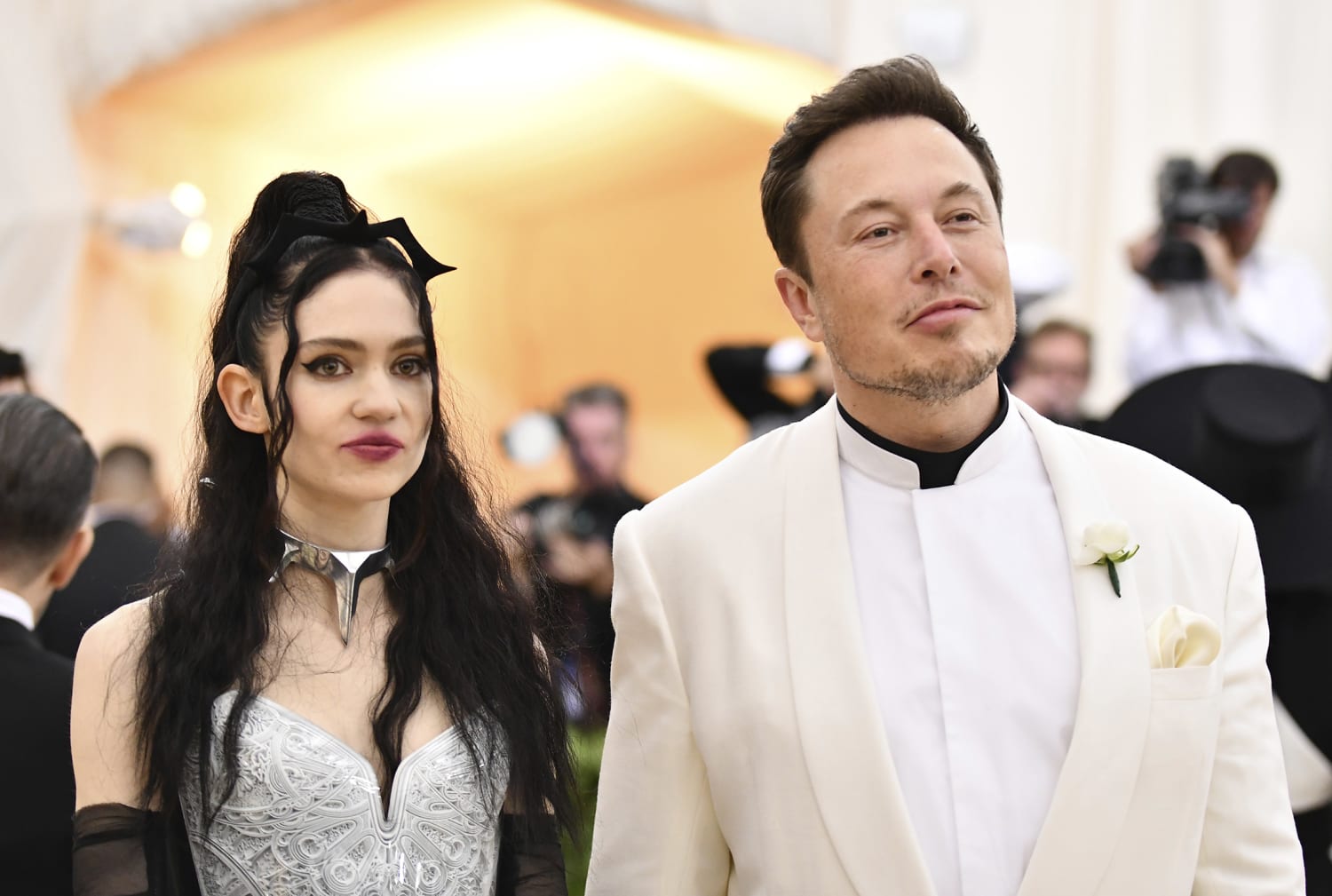Elon Musk's transgender daughter, Vivian Jenna Wilson, recently spoke out in an exclusive interview with NBC News, shedding light on her relationship with her father and the challenges she faced growing up.

In the interview, Wilson revealed that Musk was an absent father who was unkind to her as a child for being queer and feminine.
Responding to recent comments made by Musk about her transgender identity, Wilson expressed that she was not going to let his remarks go unchallenged.
She emphasized that Musk had not been "tricked" into allowing her to receive trans-related medical treatment, contrary to his claims, and that he was fully aware of his decision to authorize the treatment when she was 16 years old.
Wilson described Musk as a cold and uncaring father who was rarely present in her life, despite having joint custody.
She recounted instances of being berated by Musk for exhibiting feminine traits and being pressured to conform to more masculine standards from a young age.
Born to Musk's first wife, author Justine Musk, Wilson and her twin brother experienced joint custody arrangements following their parents' divorce in 2008.
Despite Musk's significant stature as a business magnate and political figure, Wilson highlighted that he was largely absent from their upbringing.
As a college student studying languages, Wilson has largely stayed out of the public eye but attracted attention in 2022 when she sought court approval in California to change her name, distancing herself from her father.
She emphasized that, as an adult at 20 years old, she refuses to be defined by her father's actions and choices.

Musk's recent public statements about Wilson have sparked controversy, with him expressing unsupportive views of her gender identity in a video interview with psychologist and commentator Jordan Peterson.
Wilson addressed Musk's comments on social media, highlighting that he was not present in her life enough to accurately understand her experiences.
In recent years, Musk has taken a conservative political stance and has been vocal about his opposition to transgender rights and related policies.
His public remarks about Wilson's gender transition have drawn criticism and sparked a broader conversation about the treatment of transgender individuals.
Wilson's experience with gender dysphoria and the process of obtaining medical treatment were also discussed in the interview.
She emphasized the significance of the treatments for herself and other transgender individuals, refuting any claims that she was "tricked" into receiving the necessary medical care.
Overall, Wilson's interview sheds light on the complexities of her relationship with her father and the challenges she faced growing up as a transgender individual.
Her decision to speak out reflects a broader conversation about acceptance, support, and understanding of transgender individuals in society.



